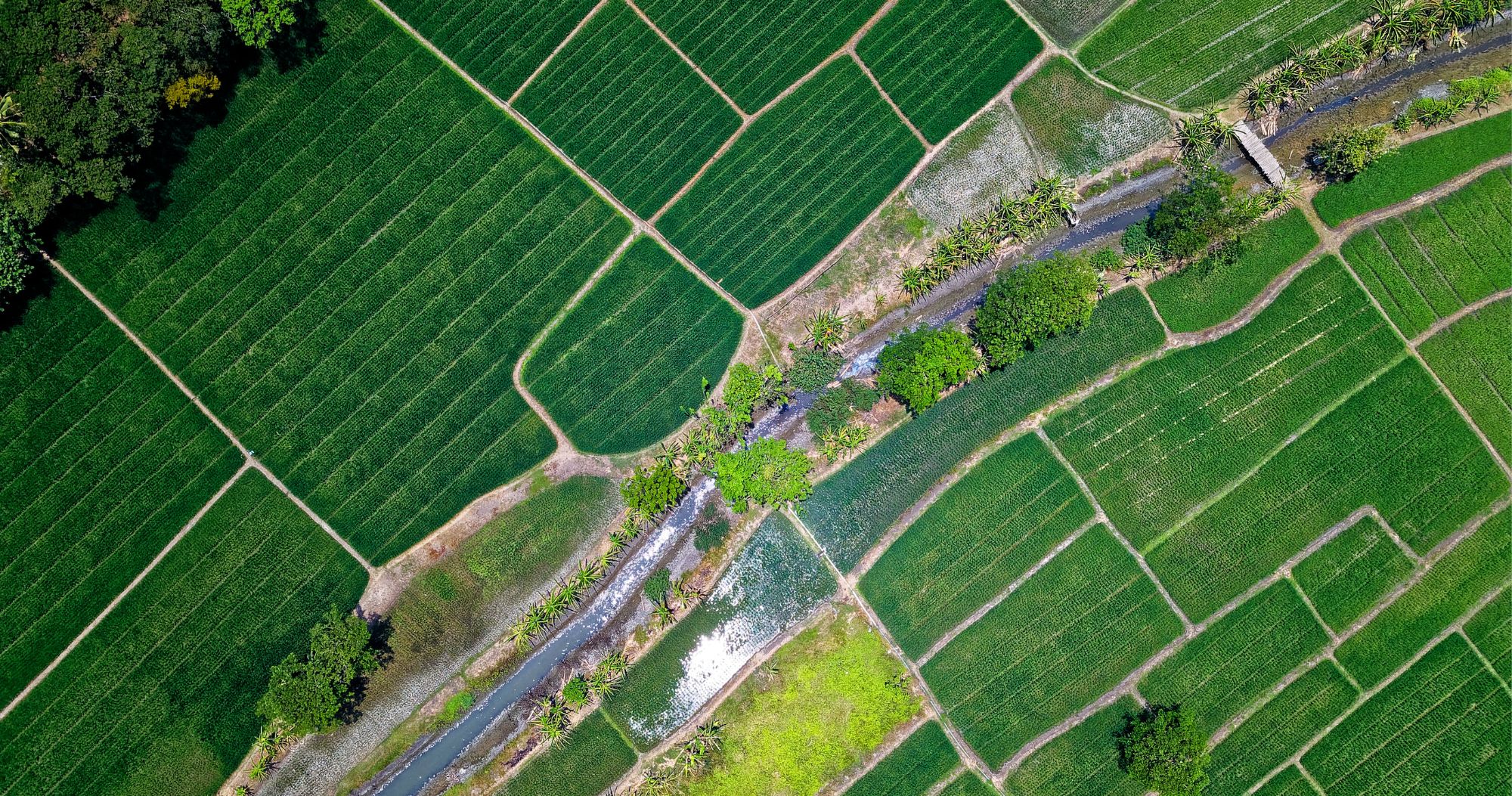
In the face of increasingly extreme climate change, Vietnam's agriculture sector — which contributes more than 12 percent of GDP and is the source of life for millions of households — is facing a strong shift. Green transformation in agriculture not only keeps pace with global development trends, but is also an indispensable solution to increase the value of agricultural products, protect the environment and move towards sustainable agriculture.
Around the world, many countries have incorporated green agriculture into national development strategies. The European Union (EU) adopts the “Farm to Fork” standard which requires agricultural products to meet safety and sustainability standards. Japan develops “smart agriculture” based on AI and IoT technologies to reduce carbon emissions.
In Vietnam, the government has committed to Net Zero by 2050, while implementing many policies such as green credit, circular agriculture, and bioeconomy. Typical models such as emissions-reducing rice cultivation in the Mekong Delta, sustainable coffee in the Central Highlands or organic shrimp farming in Ca Mau show that this trend is gradually expanding.
- Improving the value of agricultural products and export capabilities
The adoption of green agriculture helps Vietnamese agricultural products meet international standards, opening the door to difficult markets such as the EU, USA, and Japan. For example, exports of organic fruit from Vietnam grew by more than 15% per year between 2020 and 2023.
- Cost saving, environmental protection
Green conversion helps reduce dependence on chemical fertilizers, pesticides. Instead, farmers can take advantage of agricultural by-products as organic fertilizers, which both reduce input costs, improve soil and protect water resources.
- Improving the income and life of farmers
According to the survey of the Ministry of Agriculture and Rural Development 2023, households participating in the organic farming model have 20— 30% higher income compared to traditional farming methods. This shows that green transformation is not only beneficial for the environment, but also directly improves the lives of farmers.
%205%20l%E1%BB%A3i%20%C3%ADch%20n%E1%BB%95i%20b%E1%BA%ADt%20cho%20s%E1%BB%A9c%20kh%E1%BB%8Fe%20ng%C6%B0%E1%BB%9Di%20hi%E1%BB%87n%20%C4%91%E1%BA%A1i.png)
Role of Government:
It is necessary to finalize the legal framework, to enact policies that encourage the development of green agriculture. In addition, concessional credit support and green investment funds will help farmers and businesses have the resources to make a difference.
Enterprises and cooperatives:
Plays a key role in the application of high technology, building green value chains and transparency of production processes. Firms that are ahead will have the advantage of joining the global supply chain.
Peasant:
It is necessary to change the production mindset, moving from “quantity” to “substance”. The application of organic farming models, circular agriculture and smart agriculture will be key to sustainable development.
Green conversion with agriculture is not only a trend, but has become a mandatory requirement if Vietnam wants to improve its position in the international market. This is a journey that requires the cooperation of both Government — Business — Farmers, with the ultimate goal of building a sustainable, safe and sustainable agriculture that benefits the community in the long term.